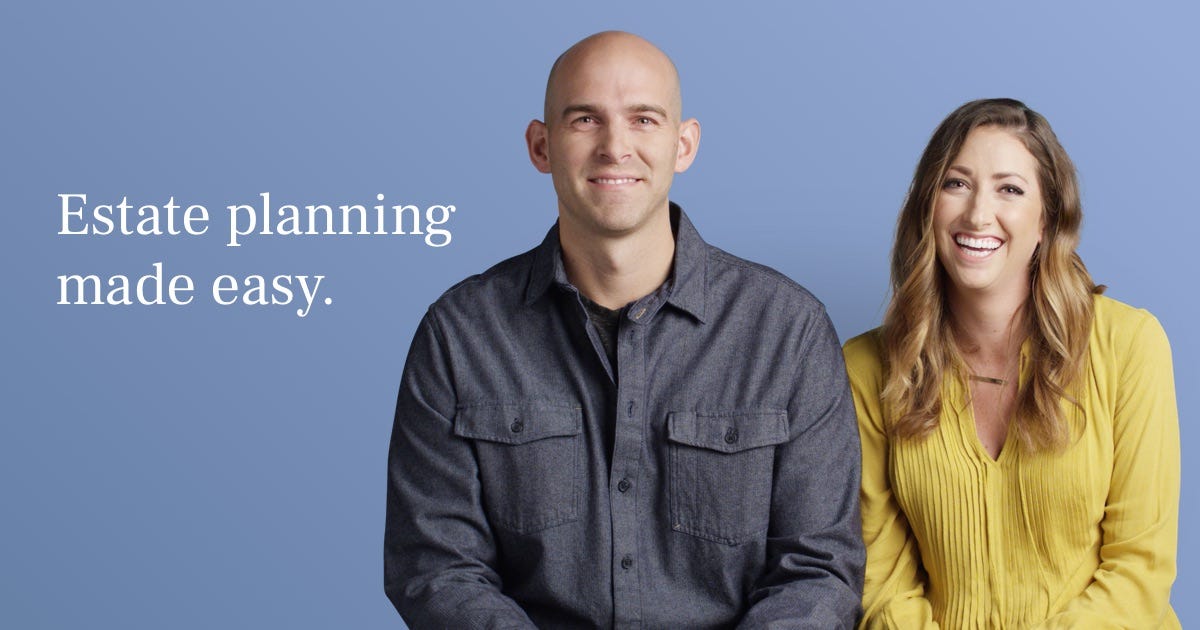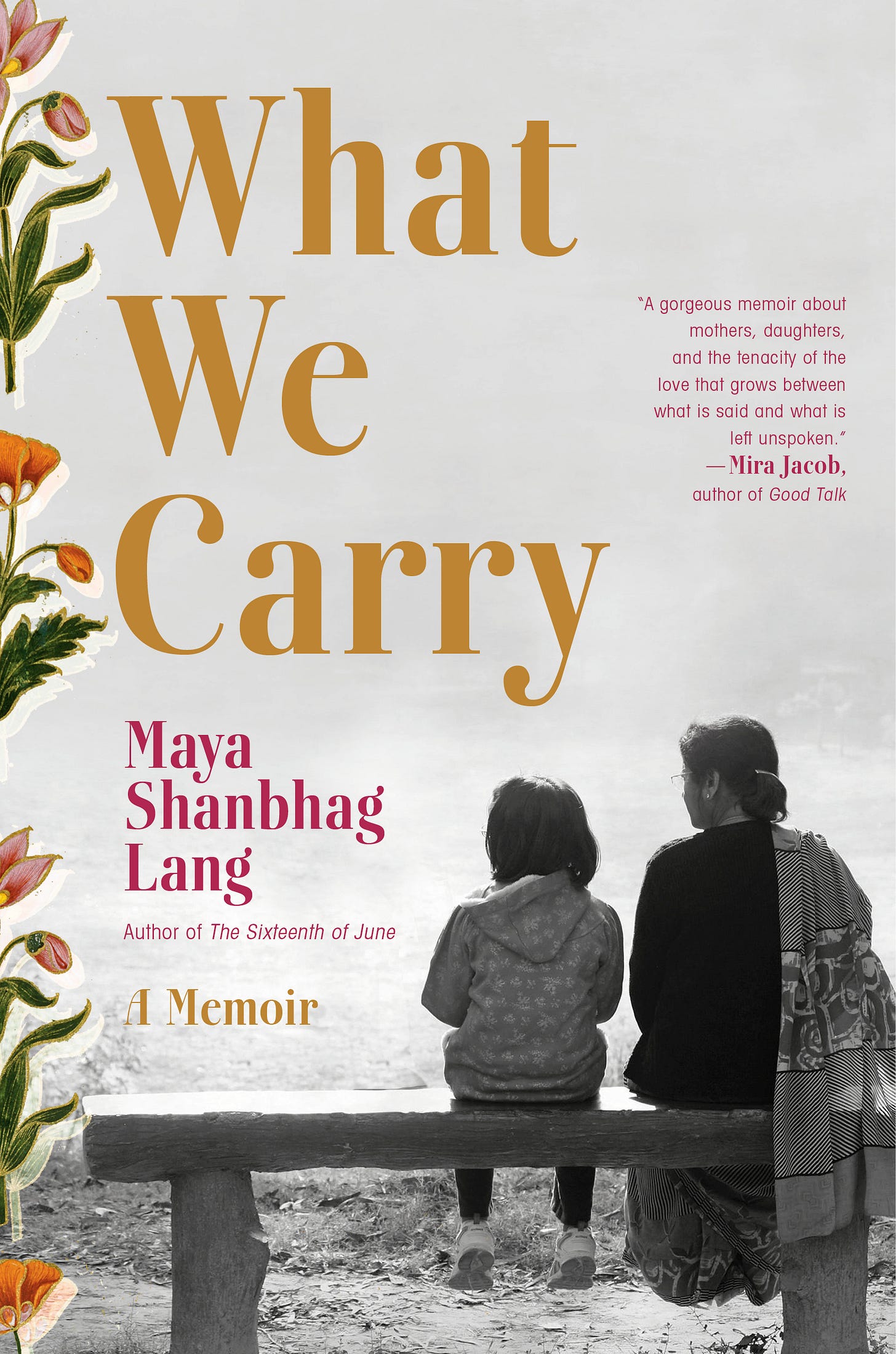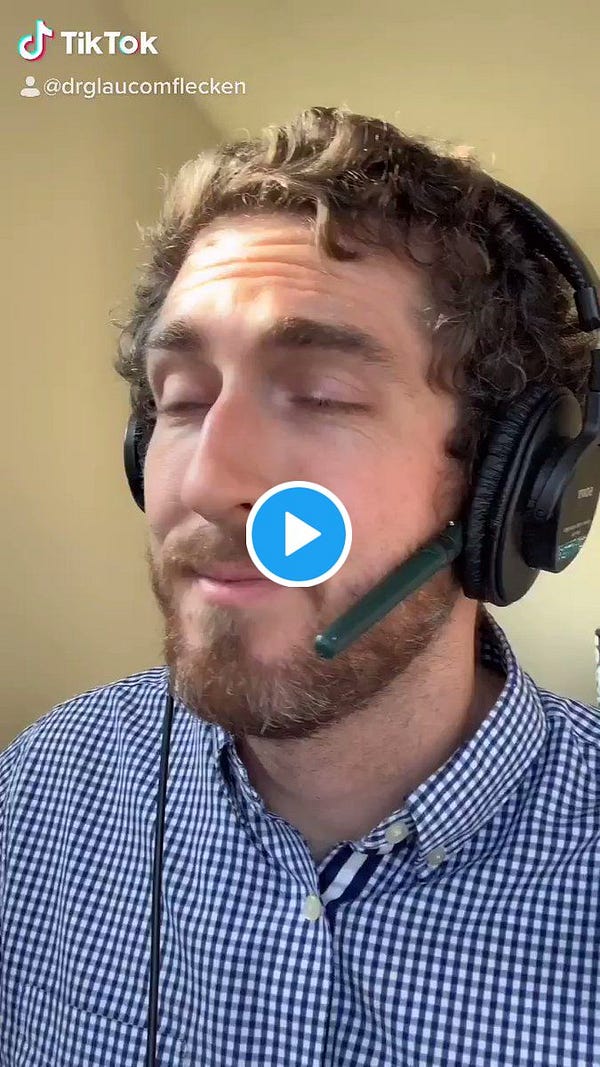What I’m thinking about
In Issue 8, I shared the notion of a caregiving trajectory. This week, I’ve been thinking about the first phase it describes: Awareness. This is a period of months or years when we first start to notice – or even just anticipate – that our parents may need more help in the coming years.
We know for sure that aging is normal – and so is needing more help in later life. I’m going to say some version of this here a lot. Like here I am in Issue 1: “We all have two parents, and most of them will need more help as they get older – just like their parents did. (And just like we will.)”
But things that are normal can still be uncomfortable. We sometimes call these taboos. (This is pretty close to the premise of one of my favorite podcasts, Death, Sex & Money, which is about “the things we think about a lot and need to talk about more.” So good!)
Aging is one of those normal, uncomfortable things. And so talking about it – about what we’re noticing or anticipating, about the help that we may want to give or that they may need to receive – can bring up stigmas, conflicts, and fears for us.
And so, sometimes, we wait. We wait for a crisis – such as a diagnosis or a fall – that marks the transition into the second phase of a caregiving trajectory: Unfolding Responsibility. At this point, though, the stakes have become higher and we are under more pressure to make a plan that works for our parents and for us. (Plus it’s just as uncomfortable as it was before.)
How might we encourage families to start talking about aging sooner? I have some ideas (This newsletter is one of them!), but I’d like to hear from you: How did you start talking about aging with your parents? How would you have liked to?
Talk soon,
Libby
P.S. Are you liking Our Parents? Do you have a friend or family member who might like it, too? I’d really appreciate it if you shared it with them. Click here to do that:

Three heads turned left (youth, middle age, old age), Wenceslaus Hollar, 1645 (The Metropolitan Museum)
What I’m reading this week
One Good Resource

Trust & Will is an online service that provides an affordable alternative to working with a local estate attorney to complete an estate plan.
An estate plan is comprised of several documents that play an important role when a person needs someone else to make legal, financial, or medical decisions for them. This can be because of a serious illness or injury or because they have died. Examples of these documents include a last will and testament, a power of attorney and an advanced health care directive.
This topic is among the most important that I’ll cover in this newsletter, but I know that it’s also among the most intimidating. While I intend to keep talking about it in future issues, I would also encourage you (or your parents) to visit Trust & Will’s friendly, supportive website any time if you or they need any of these documents.
One Good Quote
“What I try to do when I talk to people publicly as well as privately is channel the energy associated with panic towards the resolve to do something about it. Panic is an understandable human feeling, reaction, emotion. Try the best that you can at every level to put that aside and say ‘You know, there’s a lot of energy in that. Let’s get that energy and apply it to doing the things that we know can actually mitigate this.’”
Anthony Fauci, director of the National Institute of Allergy and Infectious Diseases, in a conversation about the COVID-19 pandemic on March 18, 2020
One Good Book

What We Carry by Maya Shanbhag Lang
“Maya Shanbhag Lang grew up idolizing her brilliant mother, an accomplished physician who immigrated to the United States from India and completed her residency, all while raising her children and keeping a traditional Indian home. She had always been a source of support—until Maya became a mother herself. Then, the parent who had once been so capable and attentive turned unavailable and distant. Struggling to understand this abrupt change while raising her own young child, Maya searches for answers and soon learns that her mother is living with Alzheimer’s.
“When Maya steps in to care for her, she comes to realize that despite their closeness, she never really knew her mother. Were her cherished stories—about life in India, about what it means to be an immigrant, about motherhood itself—even true? Affecting, raw, and poetic, What We Carry is the story of a daughter and her mother, of lies and truths, of receiving and giving care—and how we cannot grow up until we fully understand the people who raised us.”
One Good Ad
I’d love to share your business, product, or service with the hundreds of caregivers who subscribe to this newsletter. Reply to this email to get in touch.
Are you worried about your parents? I want to help. Through my business, Quilt, I offer a new kind of online support for people who care for their aging parents that includes phone or video check-ins & unlimited support over email.

Three Male Heads, Baccio Bandinelli, 1493–1560 (The Metropolitan Museum)
One More Thing
I'm trying to remember who told me that I should call a doctor’s office before an appointment (or a hospital before a procedure) to confirm that I would get in-network coverage. I think it was either my mom or Kaiser Health News/NPR’s Bill of the Month series. Whoever told me, I’m pretty sure it wasn’t my insurance company.
You can read more about how to avoid getting a ‘surprise bill’ for out-of-network services or providers here. But before you do: Watch this light-hearted TikTok video that parodies (but just barely!) what it feels like to try to negotiate a surprise bill over the phone.





